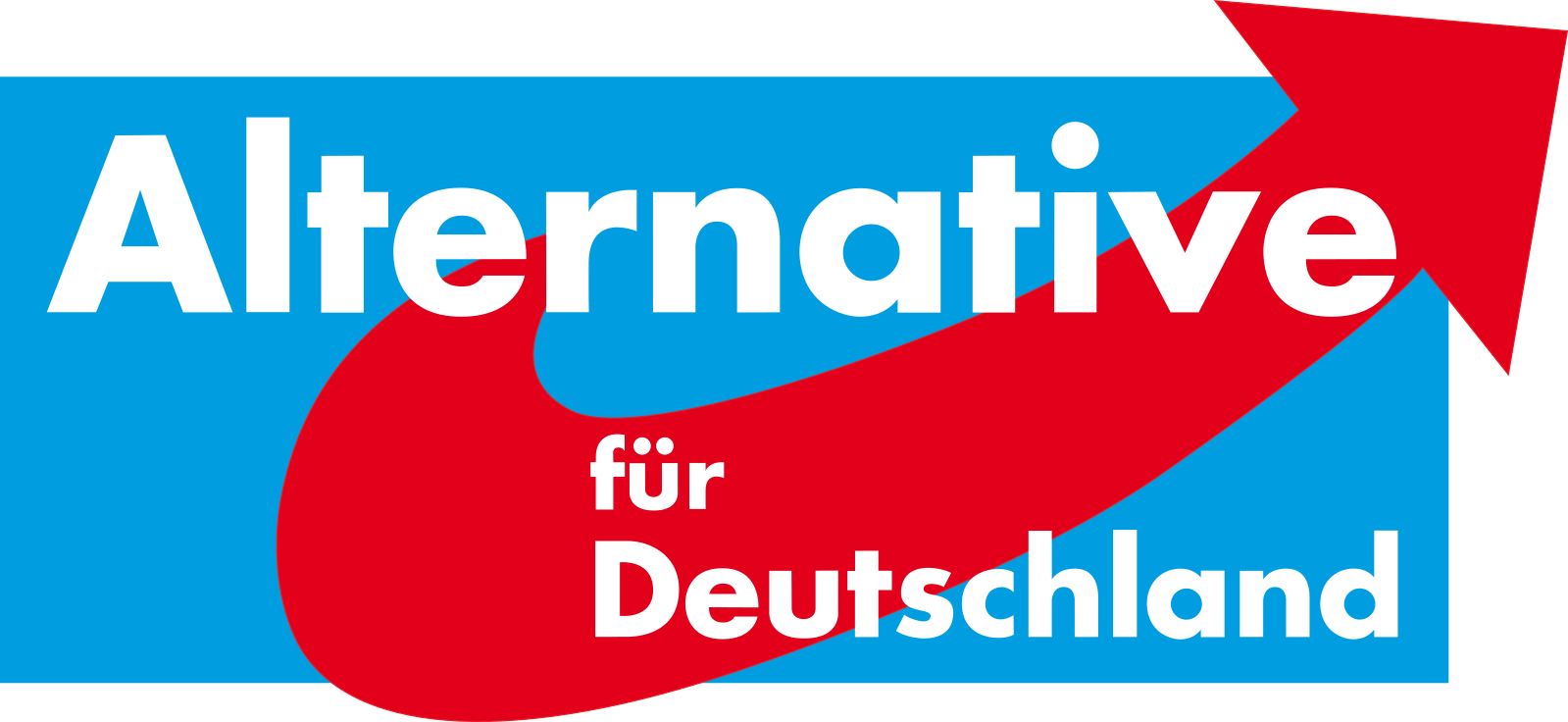The Rise of the AfD: The Far-Right Enters the Bundestag

Last week, the Alternative for Germany (AfD) became the first far-right nationalist party to enter the Bundestag (Germany’s parliament) since the Second World War. AfD’s entry into parliament is a watershed moment for Germany. The Party reached 12.6% of the vote, which translates into over 90 seats in parliament. This makes them the third largest party in parliament. Meanwhile, the combined result for the centrist mainstream parties, Angela Merkel’s CDU and the Social Democrats (SPD), were the lowest in decades.
Germany’s economy is growing strong. Usually, this bodes well for the governing parties at the center. However, this year’s success by the AfD is not attributed to disgruntlement over the economy or troubles with the EU. While only four years ago the newly-founded party made headlines for its anti-EU agenda, it has refocused its platform for the 2017 election. The AfD has capitalized on the backlash to Angela Merkel’s decision to admit 1.3 million refugees over the last two years. As the refugee crisis became the hot button issue for this election, the AfD have found their new ‘raison d’etre’. It is understandable that the entry of a large number of refugees in a short time would create some resentment. Opening the doors to foreigners, many of them Muslim, has sparked fear and anger for some Germans. The AfD has taken advantage of the opposition to multiculturalism and campaigned on an extensively anti-immigration, anti-Islam platform. For example, they want to ban the burka and close Germany’s borders. Their strong sentiment has led to some controversial remarks by its members. Last year, former party leader Frauke Petry recommended that officers should shoot refugees if they attempt to enter the country illegally.

As with likeminded far-right parties in Europe, the AfD has constantly grabbed headlines with contentious opinions. Particularly troubling are the Nazi overtones affiliated with the party’s campaign rhetoric. For example, top party figure Alexander Gauland said earlier this month that Germans should be proud of the achievements of their soldiers during both world wars. That a party who is affiliated with Germany’s darkest period has reached parliament is an alarming moment for Western Europe’s largest country.
There is reason to believe, however, that the election results will not cause too much harm to Germany’s liberal state. The AfD has a weak relationship with its voters. Only 34% of its voters casted a ballot for the party out of conviction for its agenda, whereas the majority considered theirs a protest vote. Newly placed in government, the party will likely struggle to find a coherent voice in parliament. Previous infighting between the moderate and more extreme members suggest that the party lacks unity required to become a powerful opposition from the far-right in parliament. When the party grew more to the right over the last two years, the AfD founder Bernd Lucke left the party out of concern for the rising xenophobia in the AfD. The turbulent changes of the party message as well its leadership complicates their route to becoming a stable party in parliament.
The swift rise of the AfD as Germany’s third largest party is yet another example of far-right nationalism sweeping through western Europe. While the AfD is still establishing itself, their rapid growth signals that they are already an alternative for a party of Germany. What influence the party will be able to exert in Germany’s parliament, however, remains to be seen.
Edited by Benjamin Aloi
